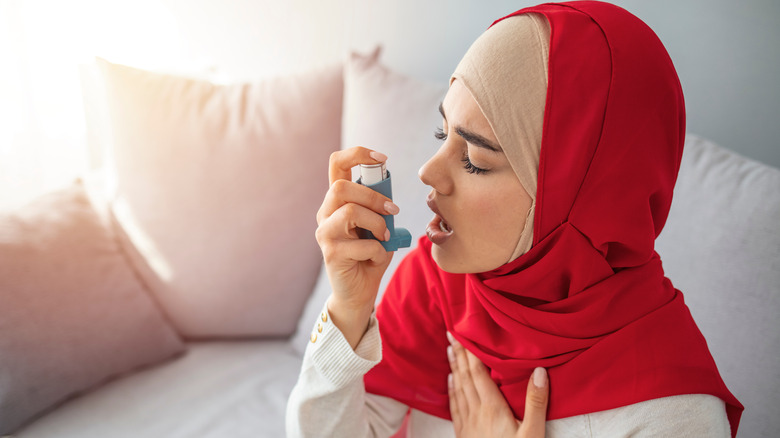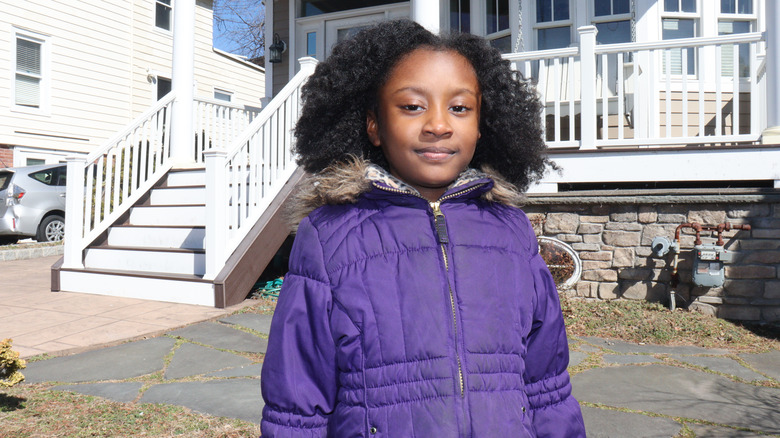Why The Air You Breathe May Be More Harmful Than You Think
Will Barrett, the national senior director of advocacy, clean air, for the American Lung Association, told ABC News that our dependence on combustion technologies is negatively impacting people's health. According to a new report by the American Lung Association, combustion and pollution released from cars and power plants vastly impact climate change, the quality of the air we breathe, and our lung health.
Data from the U.S. Energy Information Administration (EIA) shows that while numbers have increased over the years, only 11% of vehicles sold during the last quarter of 2021 were hybrid, plug-in hybrid, or electric. The EIA also said that in 2020 only 12.6% of all energy used and just 19.8% of electricity generation came from renewable energy sources.
Making the switch to vehicles and factories that utilize cleaner energy could save around 110,000 lives and $1.2 trillion in public health benefits by 2050. In addition, over 2.7 million asthma attacks will be diverted and fewer greenhouse gasses will pollute the air. A decline in premature deaths and work loss days can also be expected.
These communities are impacted the most by pollution
A report by the American Lung Association noted that over four out of every 10 Americans live in a community with toxic levels of pollution. They said that residents of low-income communities as well as communities of color are impacted by the harmful effects of pollution the most. These communities are often near highways, power plants, warehouses, ports, and refineries that make the air less breathable. Years of discriminatory land-use decisions and systemic racism are the primary reasons why these communities are overburdened by pollution. As a result, according to a 2021 study in Science Advances, they're also more susceptible to health risks such as lung and heart issues.
The Climate Reality Project believes that making clean energy more accessible is key for protecting low-income communities and communities of color from pollution, but the concern of green gentrification also needs to be taken into consideration. According to Insider, green gentrification is when people are pushed out of their homes because they can no longer afford them due to property value increase caused by implementing environmentally-friendly additions to the community. As the country works toward establishing greener, cleaner energy solutions, it's important that the attempts to do so don't build upon the injustices that cause these communities to suffer in the first place.


